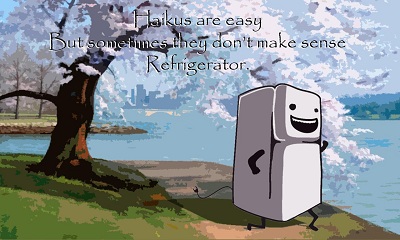
By Samantha R. Selman
Perhaps the only way that James Franco could surprise us now with his unpredictable creative pursuits is if he simply chucked them all to spend more time splitting rocks at his local quarry. And yet Mr. Franco, the artist, author and actor (whose films include “Milk” and “127 Hours”), continues to add to his eclectic résumé, announcing plans on Monday to publish his first book of poetry.
Graywolf Press, the independent Minnesota publisher, said that it had acquired a new poetry collection by Mr. Franco called “Directing Herbert White,” which it plans to release in April 2014.
The collection takes its title from a poem Mr. Franco composed about his work on a short film that he, in turn, adapted from the poem “Herbert White,” by Frank Bidart.
Mr. Franco said in a twitter interview on Monday that this poem was “about my relationship to that poem, Frank’s relationship to the poem as I have learned about it from knowing Frank and the adaptation process,” and “how Frank puts so much of himself into the figure of this psycho necrophiliac.” The other works in the collection, he said, were “a way to blend film and poetry and performance and persona — all the things that I think are related to that poem and that process I went through of adapting that poem.”
Mr. Franco, who has portrayed poets in films like “Howl” (which cast him as Allen Ginsberg) and “The Broken Tower” (in which he played Hart Crane, and which he also wrote and directed), is not simply an admirer of well-crafted verse: he also holds a master of fine arts in creative writing from Brooklyn College in New York and an M.F.A. in poetry from Warren Wilson College in North Carolina. His previously published writings include a short story collection, “Palo Alto.”
Jeffrey Shotts, the poetry editor of Graywolf Press, described Mr. Franco’s new poetry collection in a statement as “a frank and illuminating set of scenes from inside filmmaking and fame.” He said that these poems “are, in part, a series of portraits of American successes and failures from within Hollywood, as a young actor comes of age.” He added, “But they are also smart and highly aware notes of caution of what can happen when the filmed self becomes fixed and duplicated, while the ongoing self must continue living and watching.”
